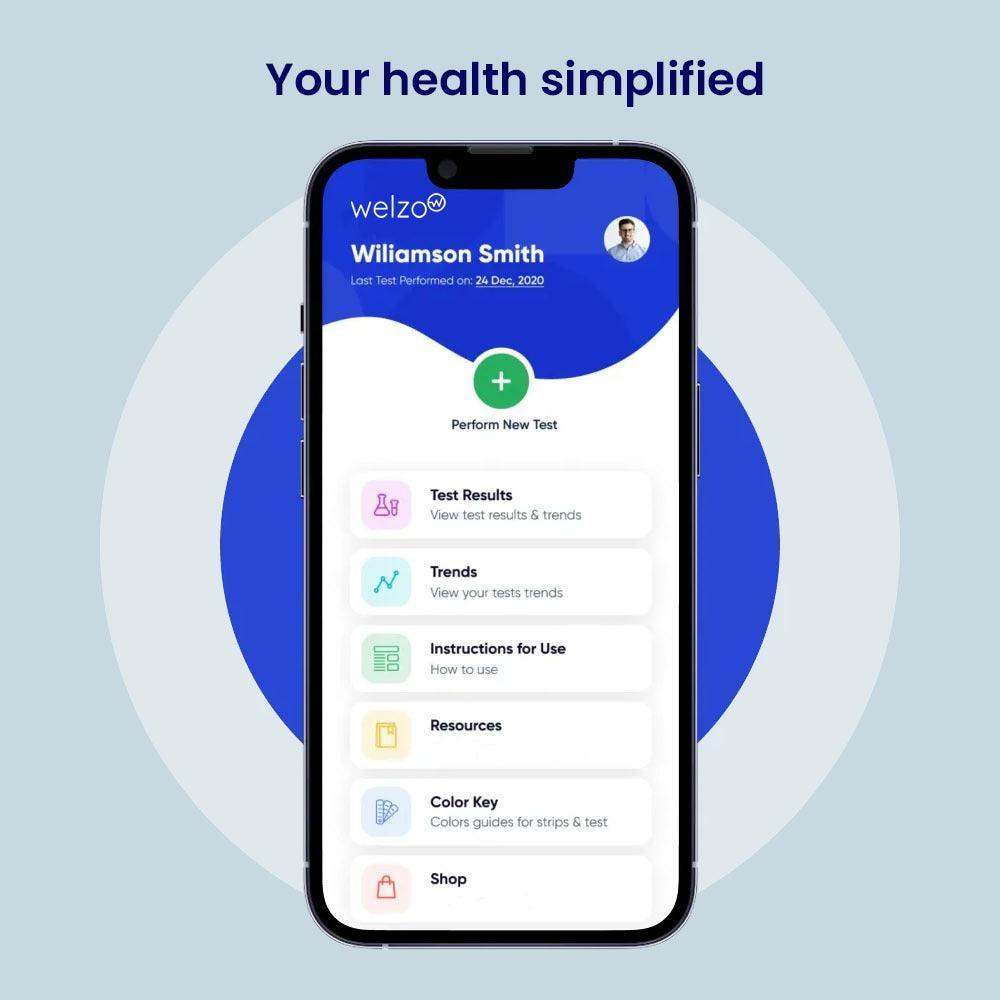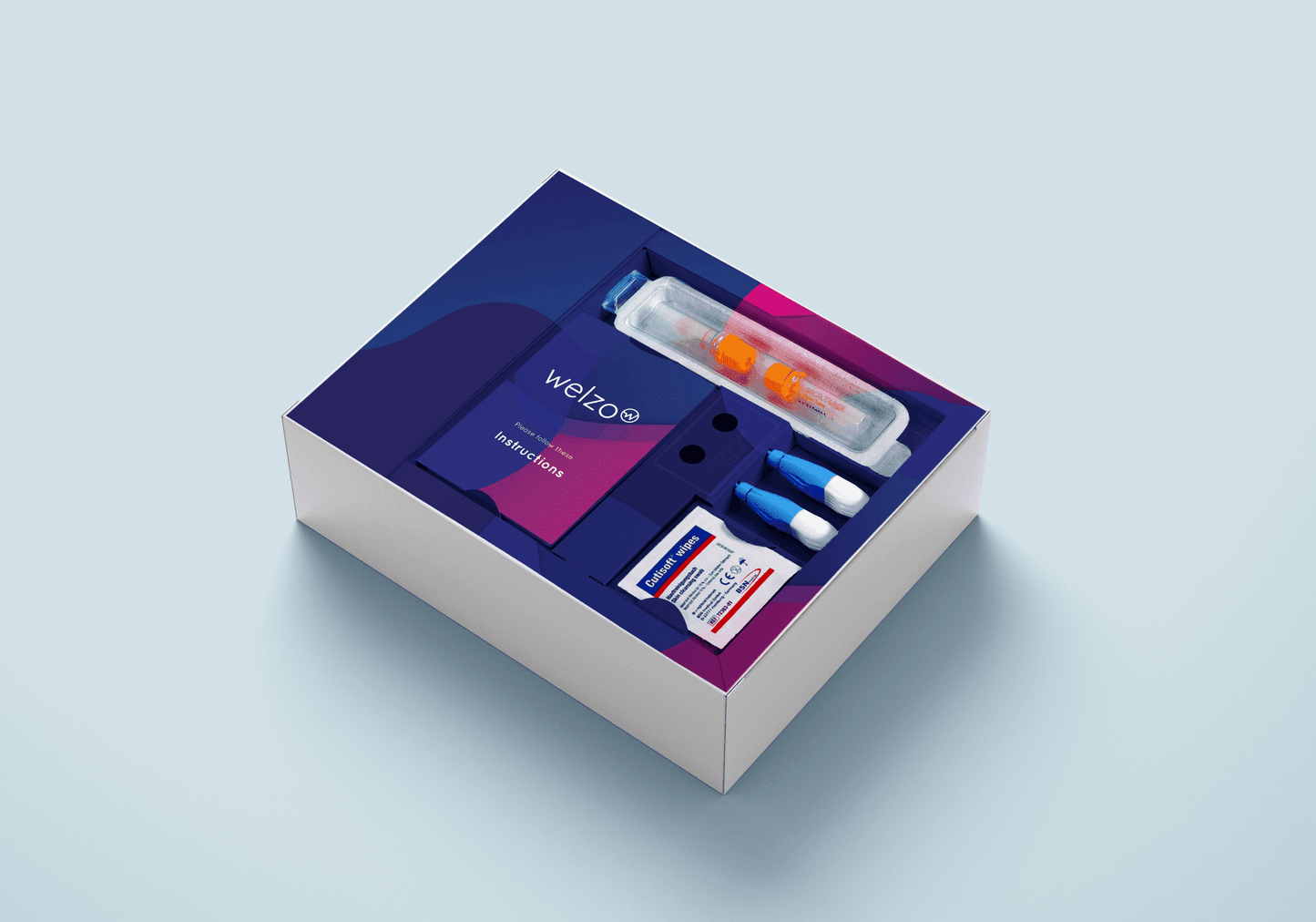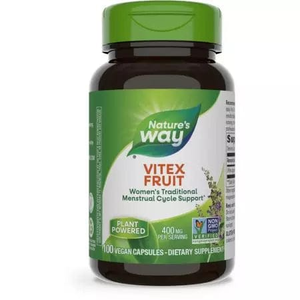Vegan Home Blood Test
A Vegan Blood Test is a comprehensive analysis of an individual's overall nutrient intake. This test is specially curated to analyse the dietary impacts of the vegan lifestyle and can help to determine whether an individual needs additional support.
- Globulin
- Total Protein
- AST
- GGT
- Total Cholesterol
- HDL Cholesterol
- LDL Cholesterol
- Urea
- eGFR
- Iron
- UIBC
- Ferritin
- Vitamin D
- Cortisol
- Albumin
- ALT
- ALP
- Bilirubin
- Triglycerides
- HDL % of total
- Non HDL Cholesterol
- Creatinine
- Hba1c
- T.I.B.C
- Transferrin Saturation
- Uric Acid
- Vitamin B12 total
The UK's Highest Rated Home Testing Provider
- Biomarkers
- Information
Globulin
Total Protein
Gamma-glutamyltransferase (GGT)
Aspartate aminotransferase (AST)
Triglycerides
HDL % of total
Non HDL Cholesterol
Creatinine
Hba1c
Total Iron Binding Capacity (TIBC)
Transferrin Saturation
Uric Acid
Vitamin b12 total
Albumin
Alanine transferase (ALT)
Bilirubin
Total Cholesterol
HDL Cholesterol
LDL Cholesterol
Urea
estimated Glomerular Filtration Rate (eGFR)
Iron
Unsaturated Iron Binding Capacity (UIBC)
Ferritin
Vitamin D
Cortisol
Have you been feeling any of these symptoms lately?
Additional Information
Why take a test?
Vegan diets are plant-based and rich in nutrients. However, some vitamins are mostly derived from meat such as Vitamin B12 and omega fats. Some nutrients like iron are also more absorbed when sourced from meat as compared to plants. If you have shifted to a vegan or a vegetarian diet, it is recommended that you take a blood test every two months to notice any effects of dietary changes. You can then balance your diet to include more vitamins and minerals accordingly. Along with this blood test, we also provide our Certified Doctor's comments.








How to take your Welzo Test
You're one step closer to discovering a healthier you! Taking your Welzo test from the comfort of home is simple and straightforward. Click the link below to learn more about how it works.
























 Rated Excellent by 26,523+ Reviews
Rated Excellent by 26,523+ Reviews